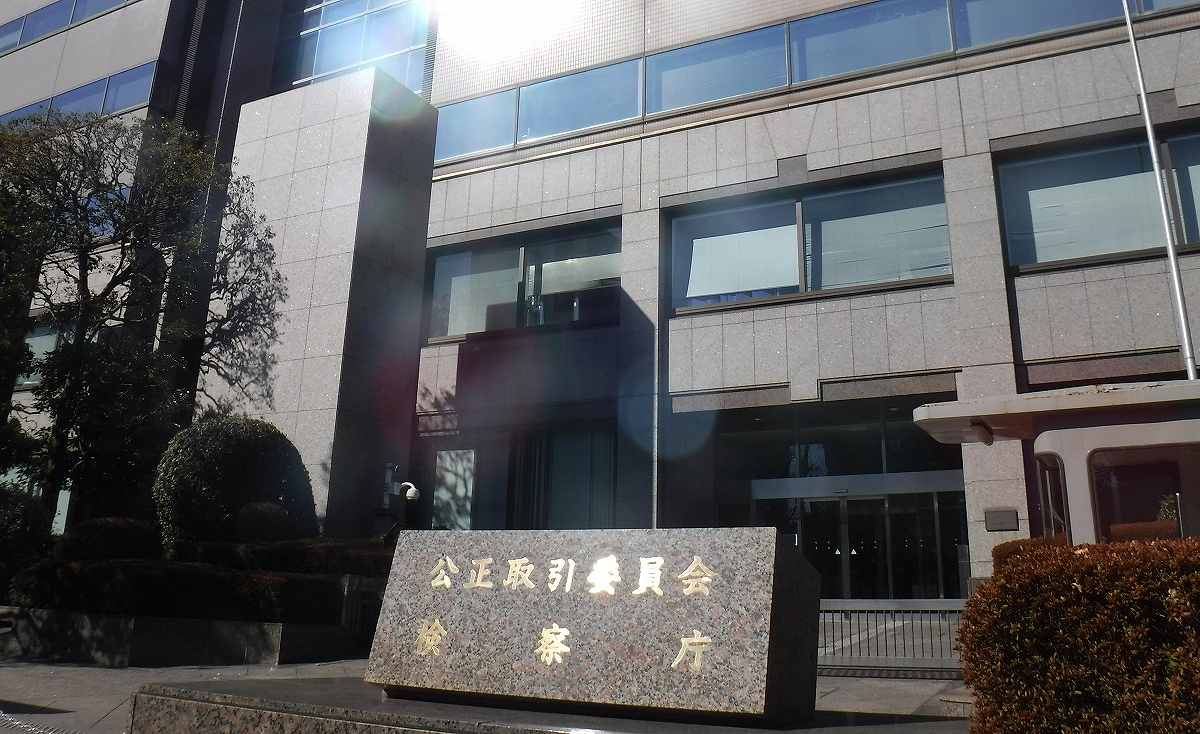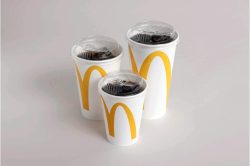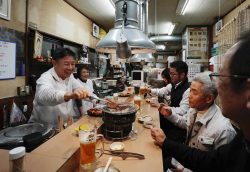
The Japan Fair Trade Commission
16:09 JST, June 30, 2024
The Japan Fair Trade Commission has decided to admonish a Toyota Motor Corp.-affiliated coachbuilder company not to repeat its practice of forcing subcontractors to store molds necessary for the mass production of auto parts without compensation in violation of the Subcontract Law, according to sources.
Metal molds are used in the mass production of automobiles, home appliances and other products, and large ones can be more than one meter tall and weight several tons. Delivery time and cost can be shortened with molds since they enable continuous production of thousands to tens of thousands of parts a day.
The admonishment will be issued to Yokohama-based Toyota Customizing & Development Co., which is believed to have engaged in the unlawful practice against about 50 subcontractors nationwide. The company manufactures and develops body parts for passenger vehicles, ambulances and racing cars, among other things.
The Toyota side admitted fault and said it would pay the subcontractors losses in full.
Toyota Motor holds more than 90% of Toyota Customizing shares.
The JFTC was increasing its scrutiny of transactions between large corporations and their subcontractors to ensure that they are being conducted properly when the operations of small and midsize firms are increasing difficult due to issues such as high prices. The JFTC believes the about 50 subcontractors were unable to request Toyota Customizing to pay for the management of the molds and others out of concerns that the company would terminate its contracts with them.
According to the sources, Toyota Customizing has made the subcontractors store at least 650 sets of its molds used to manufacture bumpers, tire wheels and other items as well as inspection equipment, among other items, at warehouses and other places for at least two years, despite no new orders for which the molds are used were expected.
The subcontractors are believed to have been obliged to use a large space to store the molds and to have borne all the storage and other costs. The damages are estimated at several tens of millions of yen for the period of the violation alone. The unlawful practice customarily lasted for a long period of time. Since in at least one of the instances, the practice continued for almost 30 years, the actual total amount of damage may reach hundreds of millions of yen.
In addition, the company is believed to have unjustly returned more than ¥50 million worth of auto body parts to more than 60 subcontractors. Because some subcontractors were affected by both the improper storage and return cases, Toyota Customizing is expected to give financial compensation to about 90 companies.
Both Toyota Customizing and its parent company told The Yomiuri Shimbun they had no comment.
"Business" POPULAR ARTICLE
-

Japan Govt Adopts Measures to Curb Mega Solar Power Plant Projects Amid Environmental Concerns
-

Core Inflation in Tokyo Slows in December but Stays above BOJ Target
-

Major Japan Firms’ Average Winter Bonus Tops ¥1 Mil.
-

Institute: 2026 Condo Supply in Tokyo Metropolitan Area Forecast to Increase by 2.2%
-

Mcdonald’s, Starbucks in Japan Move Away from Paper Straws Amid Customer Dissatisfaction
JN ACCESS RANKING
-

Japan Govt Adopts Measures to Curb Mega Solar Power Plant Projects Amid Environmental Concerns
-

Core Inflation in Tokyo Slows in December but Stays above BOJ Target
-

Major Japan Firms’ Average Winter Bonus Tops ¥1 Mil.
-

Tokyo Zoo Wolf Believed to Have Used Vegetation Growing on Wall to Climb, Escape; Animal Living Happily after Recapture
-

JAL, ANA Cancel Flights During 3-day Holiday Weekend due to Blizzard
























